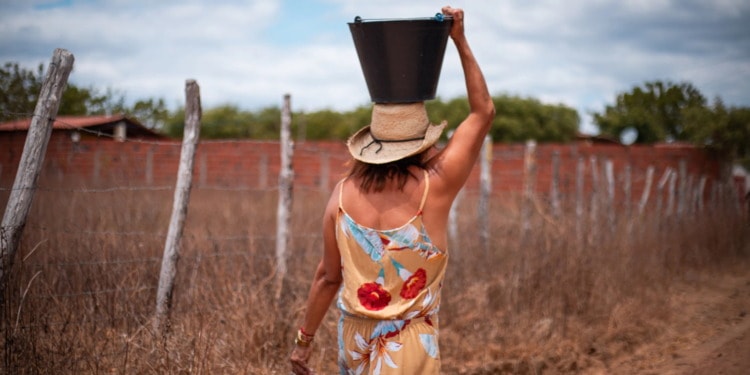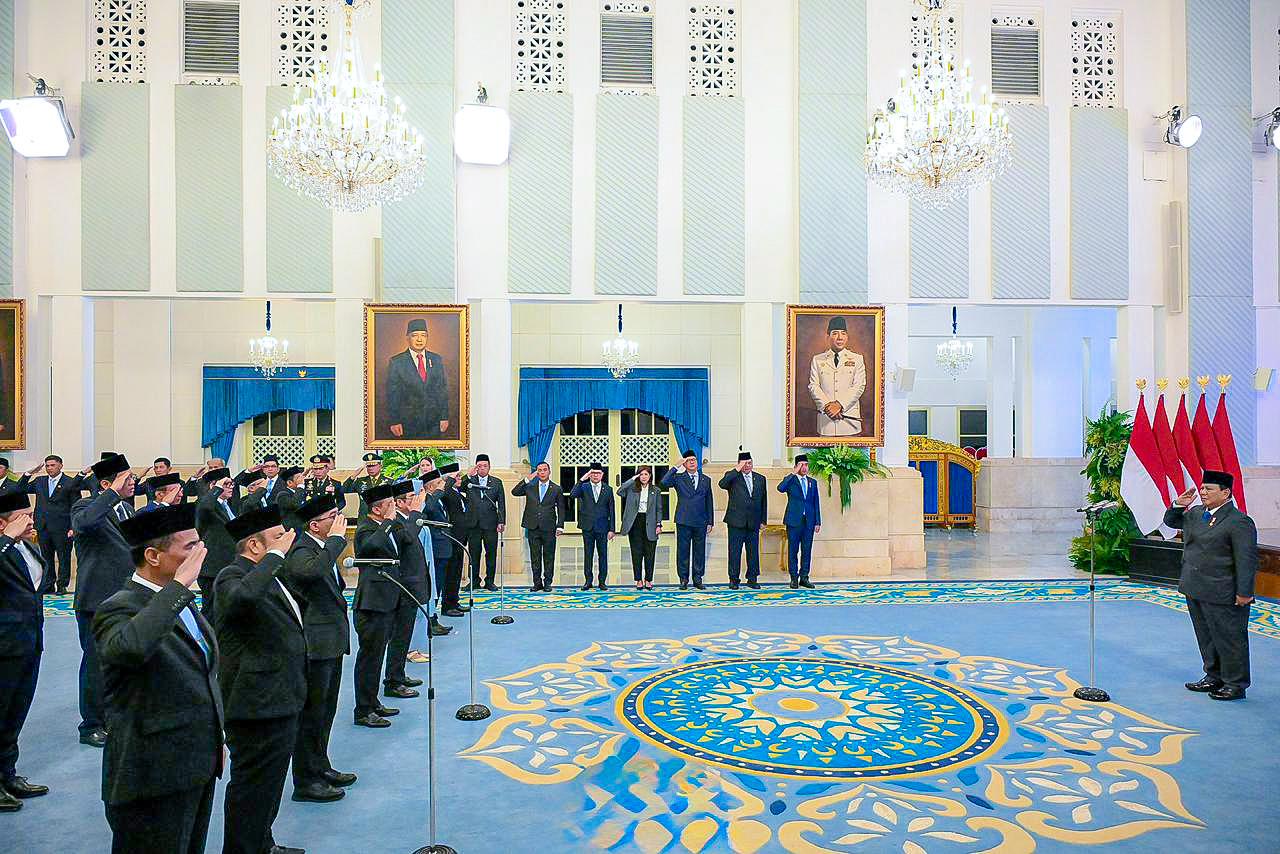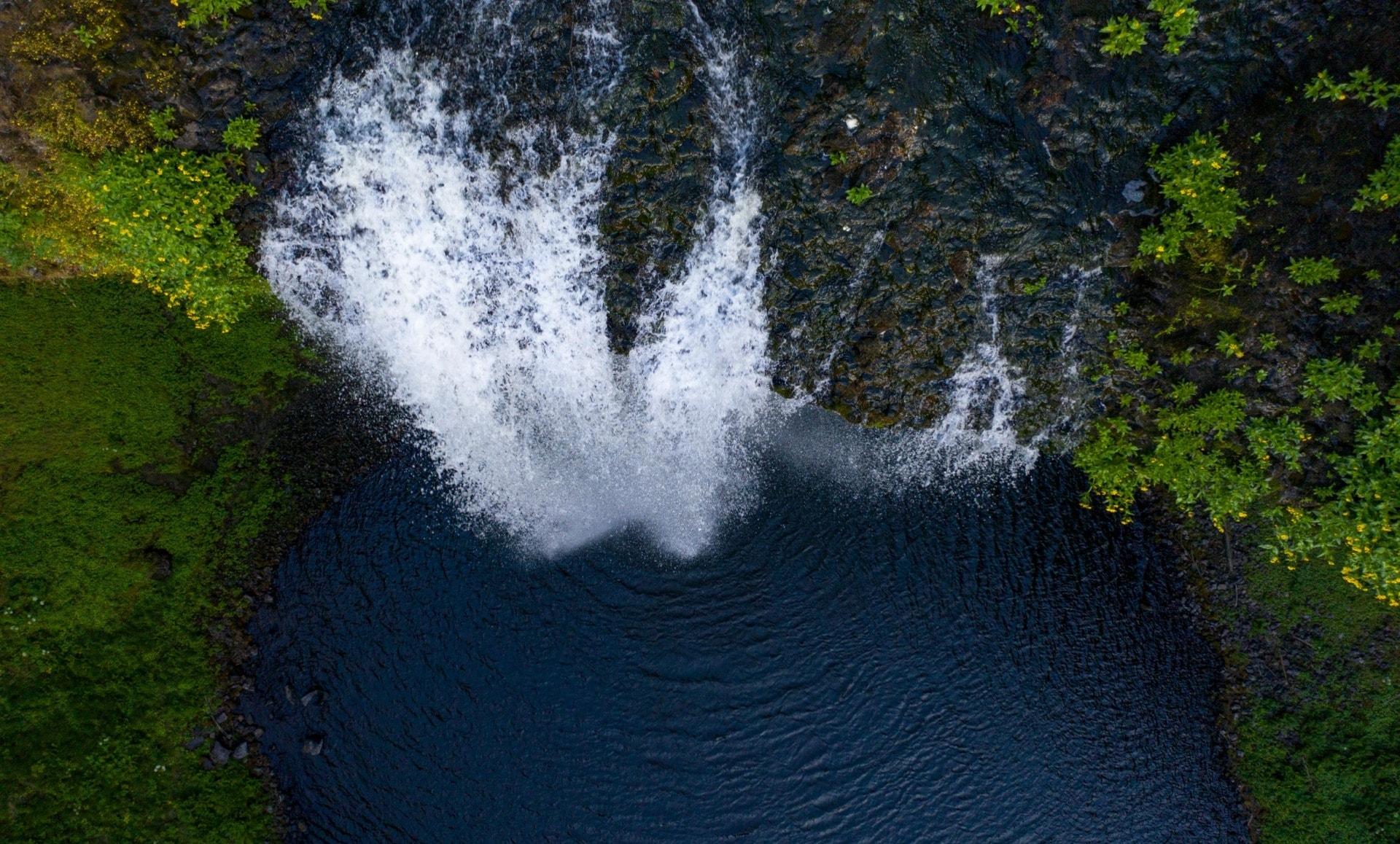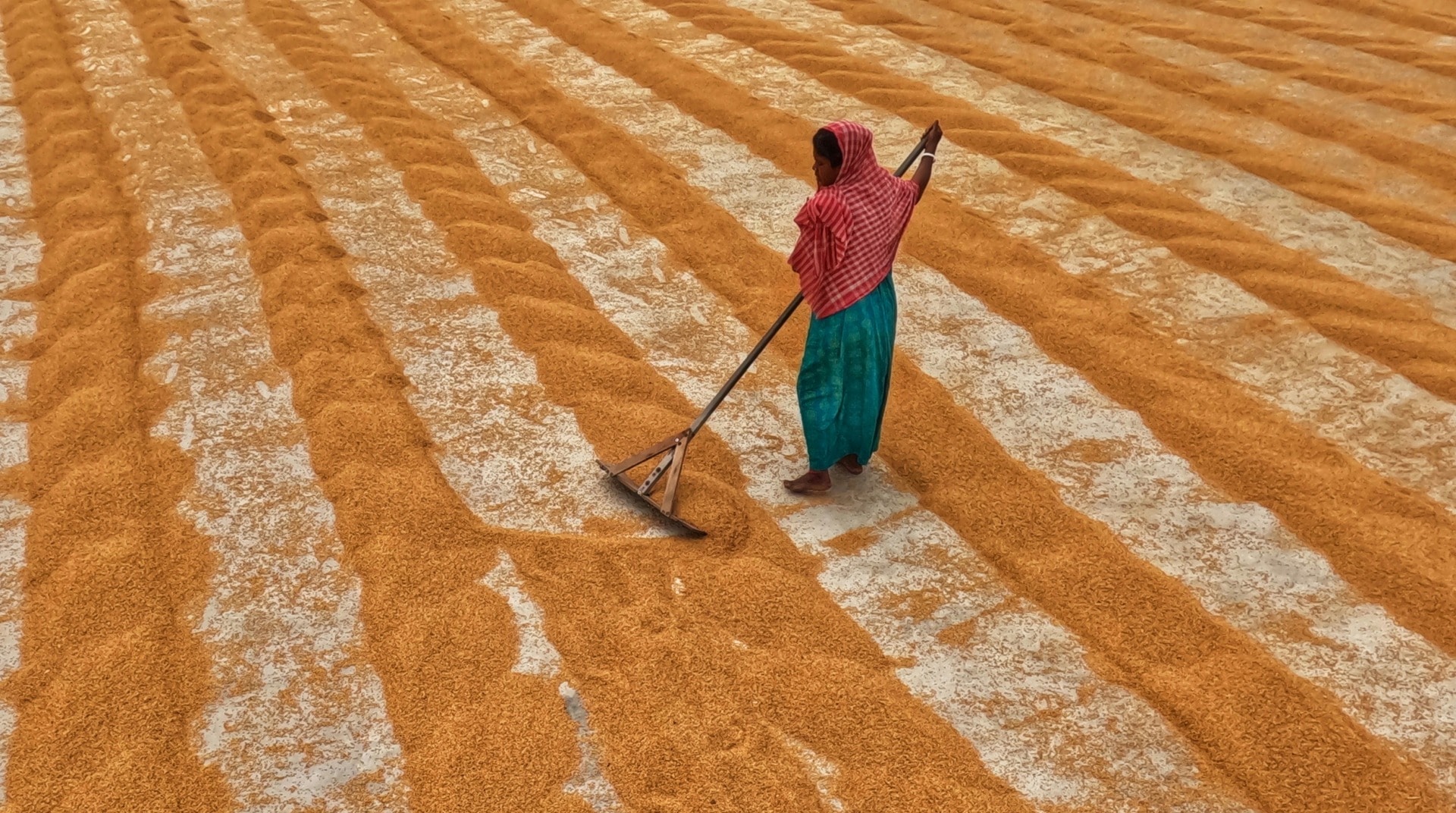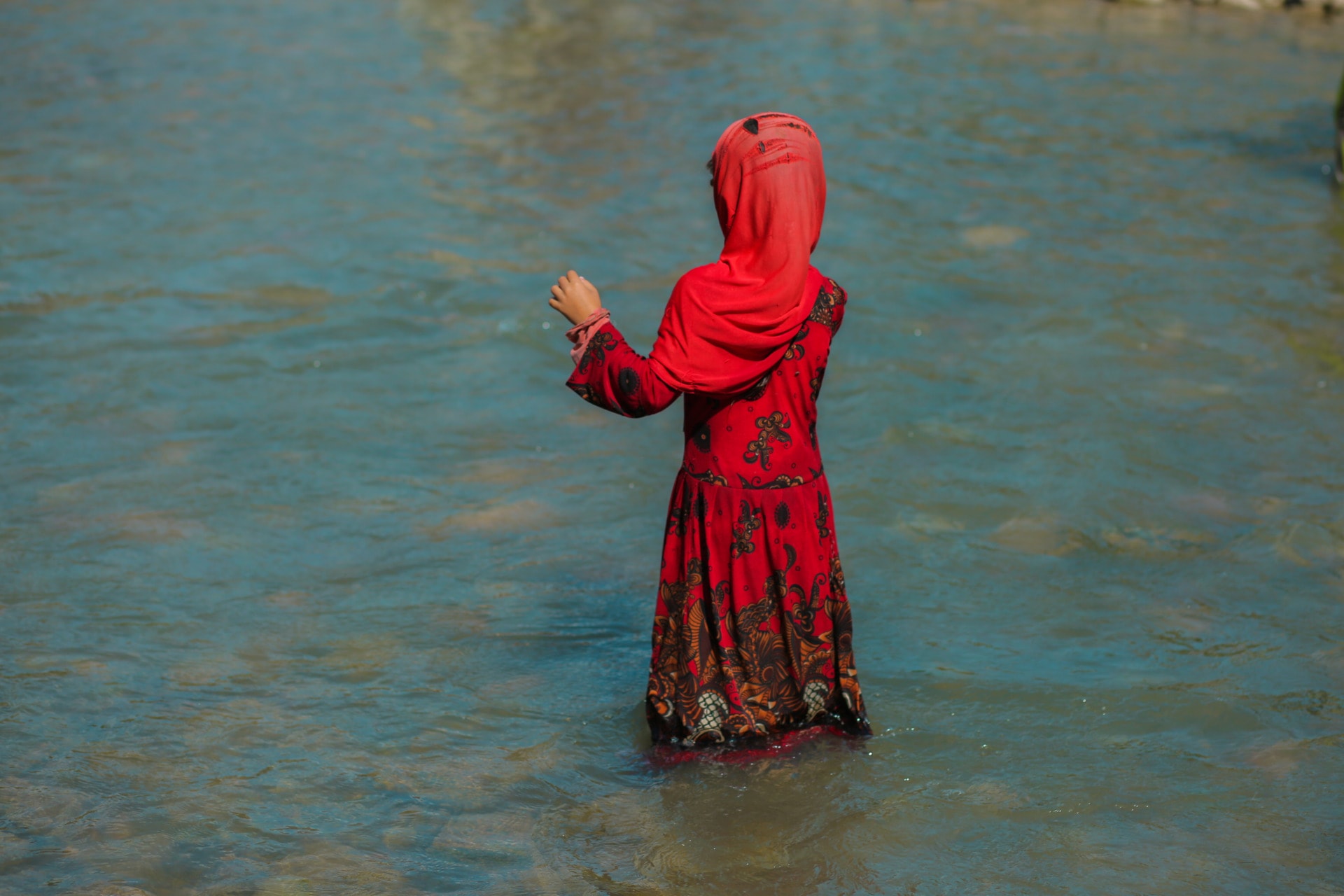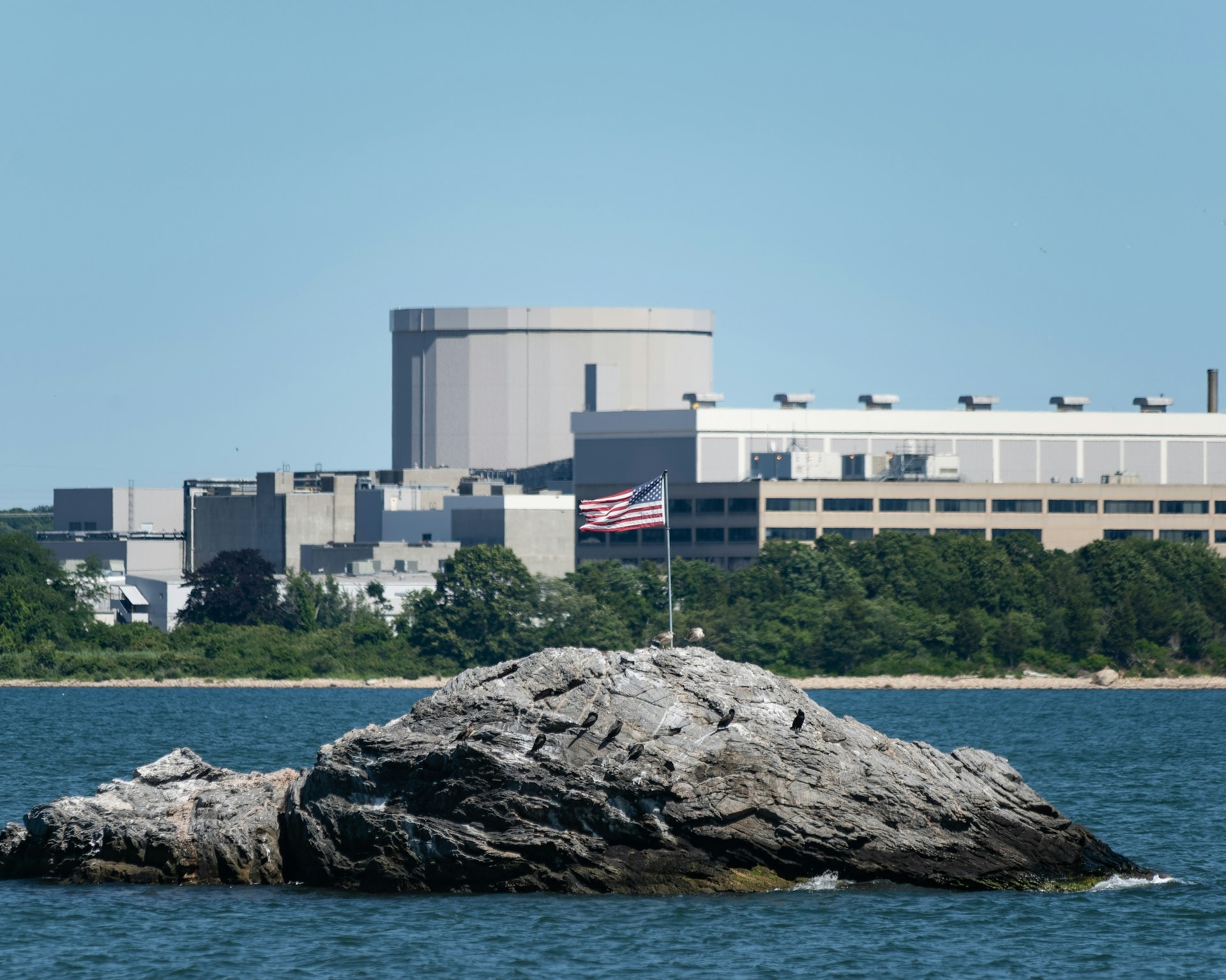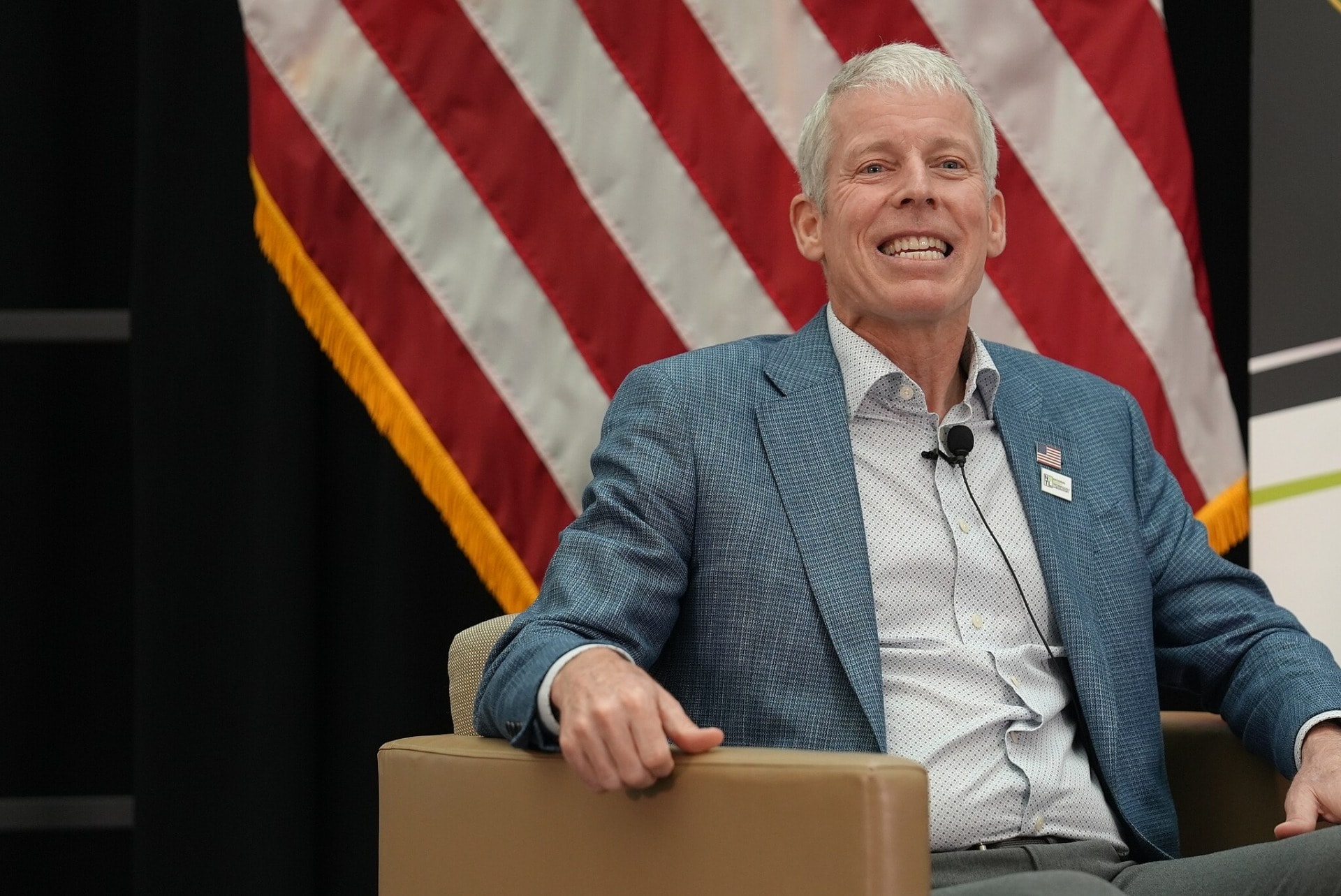Working alongside women across Latin America, I have seen how access to safe water reshapes daily life — reducing hours spent collecting water and opening doors to education, income earning opportunities, and community leadership. On International Women’s Day, we celebrate women’s achievements and acknowledge the barriers many still face. For 2.2 billion people — 1 in 4 globally — safe water remains out of reach. For 3.5 billion — 2 in 5 — access to a safe toilet is still unavailable.
These statistics represent real stories. I’ve met women who walk miles each day for water — time that could be spent caring for their families, pursuing an education, or earning an income. Women and girls around the world spend 200 million hours daily collecting water for themselves and their families. Reclaiming this time means fewer missed school days, healthy families, and opportunities for women to pursue jobs and lead within their communities.
Access to safe water transforms daily life — leading to improved health outcomes, consistent school attendance for children, and the freedom for women to define their futures. The connection between Sustainable Development Goals (SDGs) 6 (Safe Water and Sanitation) and 5 (Gender Equality) is clear — access to safe water provides the time and stability women need to thrive.
In Latin America, women like Francisca demonstrate how access to safe water turns daily problems into possibilities. Her story reminds us that safe water offers the power to choose and shape their future.
Francisca’s Journey: Choosing a Promising Future
Throughout my career, I’ve met many women with stories like Francisca’s — women who refuse to let their circumstances define their futures. Despite Brazil having one of the highest water availabilities in the world, 27 million Brazilians lack access to safe water, and 108 million lack access to a safe toilet. These disparities are driven by Brazil’s vast geography, infrastructure gaps in rural areas, and rapid urbanization that strains existing services. Income inequality only deepens the divide, making safe water inaccessible for too many.
When Francisca moved to Cajueiro while pregnant with her son, Gabriel, she stayed with her mother-in-law before building a home of her own. Even after establishing a home, one essential element was missing: safe water. Each day, she walked a mile to a reservoir where livestock bathed to collect water for cooking, cleaning, and drinking.
“I would boil the water and remove the foam before giving it to Gabriel,” she recalled. “It still tasted bitter, but we had no other way.”
Collecting water wasn’t just time-consuming — it came at the cost of Gabriel’s health and Francisca’s aspirations. She dreamed of giving her son a safe and secure home, where he could attend school and grow without the constant worry of waterborne illness. Without access to safe water, even daily routines became a struggle. Washing clothes required multiple trips to the reservoir. Preparing meals meant hoping the boiled water wouldn’t make her family sick.
Determined to find a solution, Francisca explored other options. That’s when she learned about WaterCredit through Water.org’s partnership with Banco do Nordeste, a regional development bank in Brazil. With a small, affordable loan, she was able to build a cistern that collects and stores rainwater, providing her family with safe water year-round.
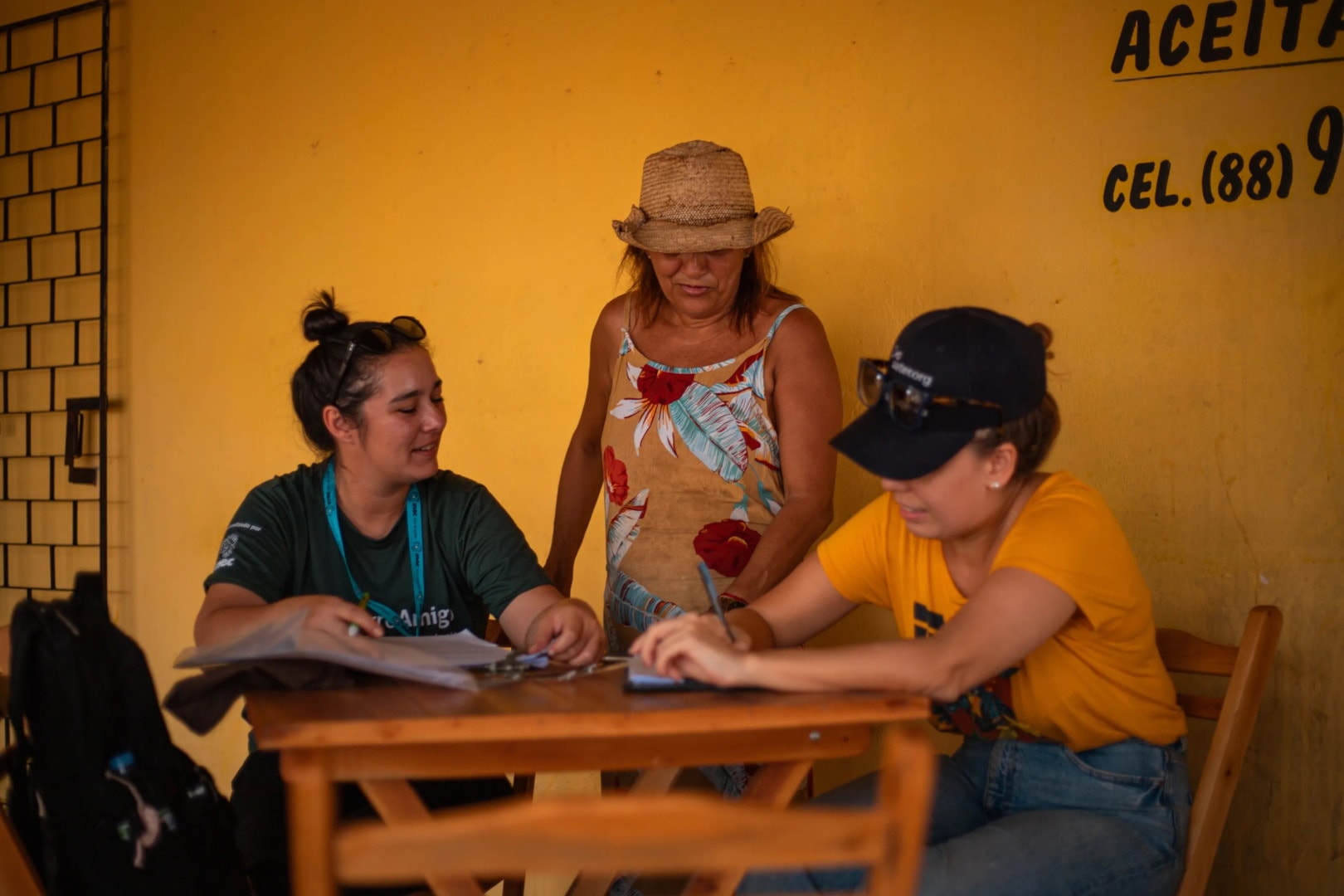
“Now, when it rains, the water is filtered and stored. We don’t have to worry anymore,” Francisca shared.
Today, Gabriel attends school regularly, and Francisca no longer spends hours collecting water. With safe water at home, she has the time and freedom to invest in her family’s future — choosing how to spend her time, how to care for her son, and how to build the life she envisioned.
Financial Inclusion: Bridging the Gap to Safe Water
Francisca’s story reminds me of countless conversations I’ve had with women who share a simple wish: time. Time to send their children to school without worrying about illness caused by unsafe water. Time to care for their families without the exhausting responsibility of collecting water. Time to plan for the future, knowing their essential needs for survival have been met.
For many, the challenge isn’t finding a solution — it’s affording one. That’s why Water.org created WaterCredit — to bridge this gap, partnering with local financial institutions to make small, affordable loans for water and sanitation accessible to those who need them most. These loans empower families to install household taps, build toilets, or other secure long-term water solutions — investments that improve health, help increase economic stability, and create generational change.
Related Articles: Small Loans for Safe Water: Unleashing Women’s Power | Health Flows From Safe Water | Investing in Women and Girls Makes Economic Sense and Accelerates Progress for Millions of People | How Access to Affordable Financing Is Solving the Global Water Crisis for Families Around the World | Heatwaves and Floods Affect Rural Women and Men Differently | Thanks, Mom, for the Gift of Water | Connections That Matter: Climate Change and Gender Equality | Water Is the Way: Empowering Women Through Access to Safe Water
The impact is undeniable: more than 73 million people have gained access to safe water or sanitation through Water.org’s solutions, and 90% of borrowers are women. Women like Francisca, who used a small loan to build a cistern that provides safe water year-round. This single investment saved her countless hours previously spent walking to distant water sources — time she can now dedicate to her family, livelihood, and future.
I’ve seen the pride in women’s eyes when they describe how safe water has changed their lives — children attending school regularly, families experiencing improved health, and women having the time to focus on other goals and priorities.
These stories are not isolated — they are proof that financial inclusion is not only about access to resources, it is also about access to opportunity to create. These stories are not isolated — they represent what happens when women have the resources they need to shape their futures.
Why Women’s Choices Matter
Francisca’s story is a reminder that when women have access to safe water, they gain more than time — they gain choices. Choices about how to build their lives and raise their children.
This International Women’s Day, you can be part of making that change. By supporting Water.org’s solutions, you help unlock choices — choices that empower women to send their children to school, pursue income opportunities, and shape strong families and communities.
Monthly support makes a lasting difference. It creates momentum, helping more women turn daily challenges into opportunities for growth and leadership. Together, we can ensure women everywhere have the resources they need to define what comes next.
When women have water, they have power — the power to choose, grow, and lead. Let’s make that future possible, together.
Editor’s Note: The opinions expressed here by the authors are their own, not those of Impakter.com — In the Cover Photo: Multiple times a day, Francisca walked about one mile to a reservoir in Cajueiro to collect water. Cover Photo Credit: Water.org


